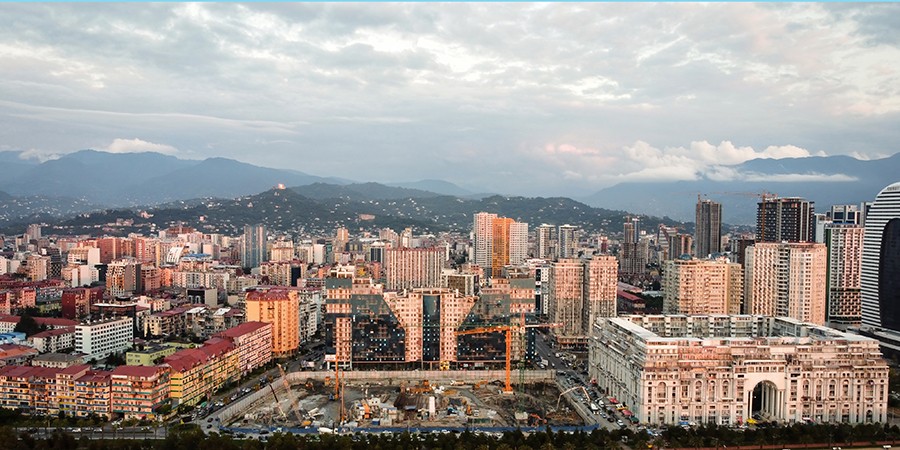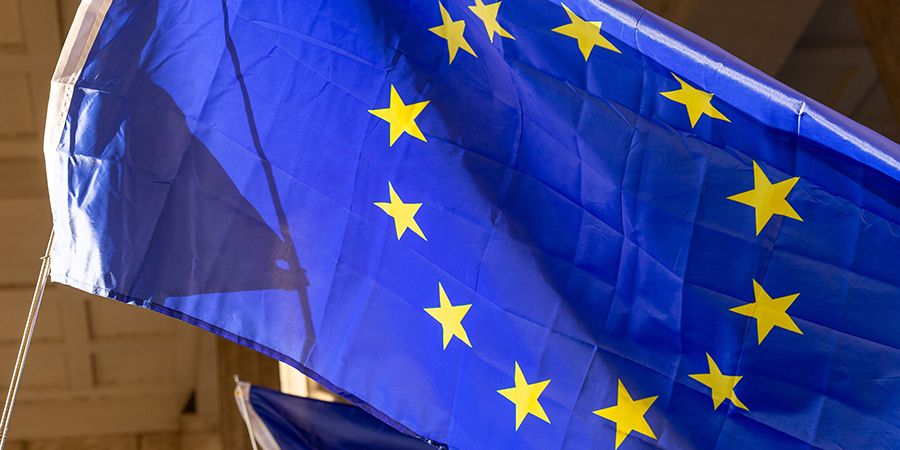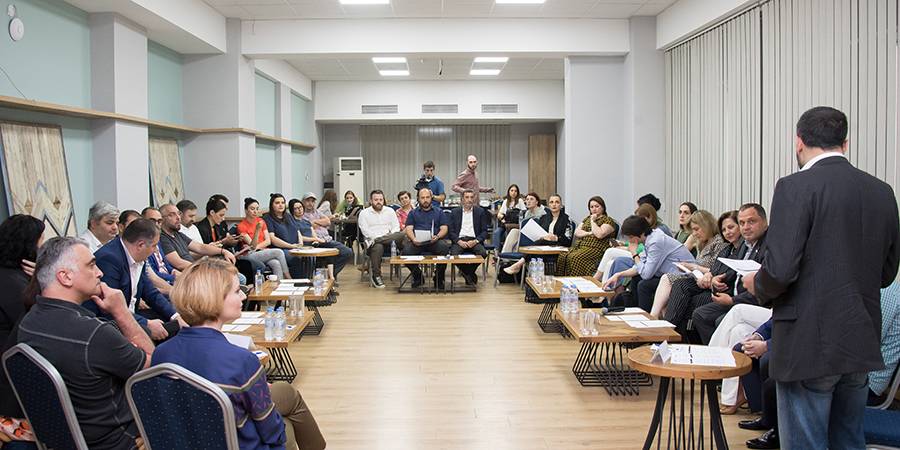Strengthening Urban Rural Linkages in the Autonomous Republic of Ajara


On June 14, we conducted a conference as part of the project entitled “Strengthening Urban Rural Linkages in the Autonomous Republic of Ajara” during which we presented the activities implemented and the rural-urban partnerships established in the course of the project.
Giorgi Tsimintia, Coordinator for Economic Diversification at UNDP, opened the conference and addressed participants of the event, noting that sharing the project experience with other regions of the country and abroad would be essential. Irma Abkhazava, Deputy Minister of Agriculture of the Autonomous Republic of Ajara, greeted participants of the event and highlighted the project’s importance.
The conference was attended by representatives of the public and private sector, employees of Batumi City Hall and Ajara municipality, as well as members of non-governmental organizations, local development groups, and civil society organizations (CSOs).
“I believe that it is very important to create urban-rural linkages in our region and thus strengthen coordination between different actors. I think that through these established connections, our organization will share the experience of cities with the mountainous parts of Ajara. This will ensure the promotion of education and innovative solutions across the target region, ”
said Maia Katamadze, Director of the Education Development and Employment Center.
As the level of urbanization has been increasing notably in Georgia across the past two decades, challenges have arisen in urban-rural cohesion. Urban households substantially outperform their rural counterparts in terms of ICT usage and access to quality education and social services. As foreseen in the 2030 Agenda for Sustainable Development, well-functioning urban-rural linkages are indispensable in the creation of decent work opportunities and conditions for all, increasing income, reducing rural poverty, and moving towards rural transformation. Promoting rural-urban linkages can serve as a key driver for sustainable and inclusive processes to structurally transform conditions in rural Georgia.
With this in mind, in the course of the project, we conducted research into urban-rural connections while also identifying a functional region and defining decision-making criteria and preferences for diverse stakeholder groups entering into urban-rural cooperation. We also promoted the establishment of urban-rural connections, and created and formalized 10 urban-rural partnerships via memoranda of understanding. Furthermore, for each such partnership, we developed visions, strategies, and action plans, in addition to creating a methodology for the creation of urban-rural linkages and mechanisms promoting urban-rural connections.
“The project was very valuable, as it has created a team uniting urban and rural representatives and established formal ties in the form of a memorandum. Formal connections have strengthened team coordination and synergy in the long run, which improves time management and planning, while making work more results-oriented. The formalization of urban-rural linkages has made us accountable to each other, and helped us to redistribute and share our responsibilities”
said Lela Goguadze, Head of the Tourism Product Development Agency.
We implemented the project with the support of the European Union and the United Nations Development Programme (UNDP) under the European Neighborhood Programme for Agricultural and Rural Development (ENPARD). The aim of this initiative was to support sustainable urban-rural partnerships in the Autonomous Republic of Ajara and to identify functional linkages and integrated territorial development pursuant to enhanced economic, social, and environmental development.


